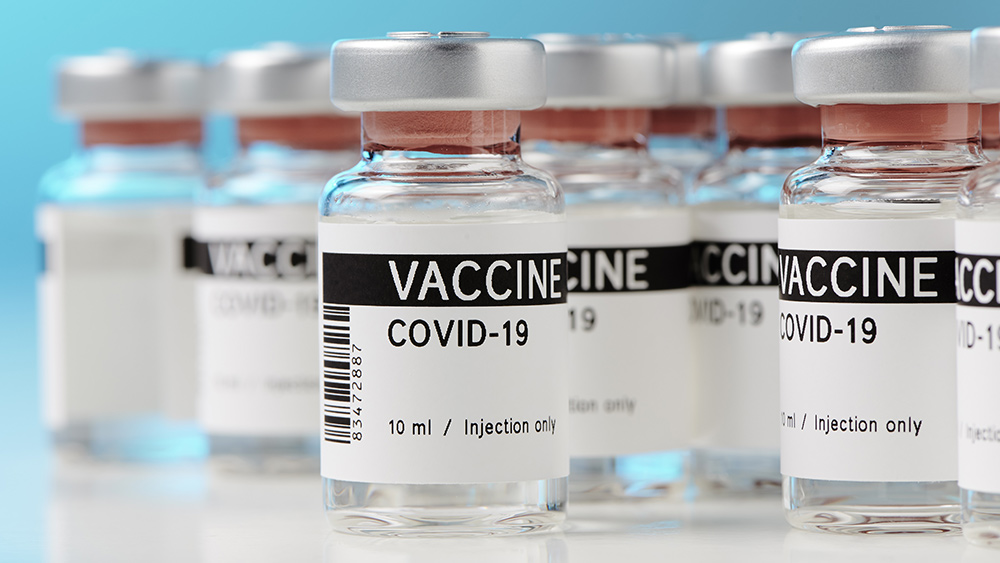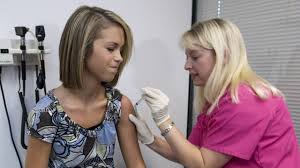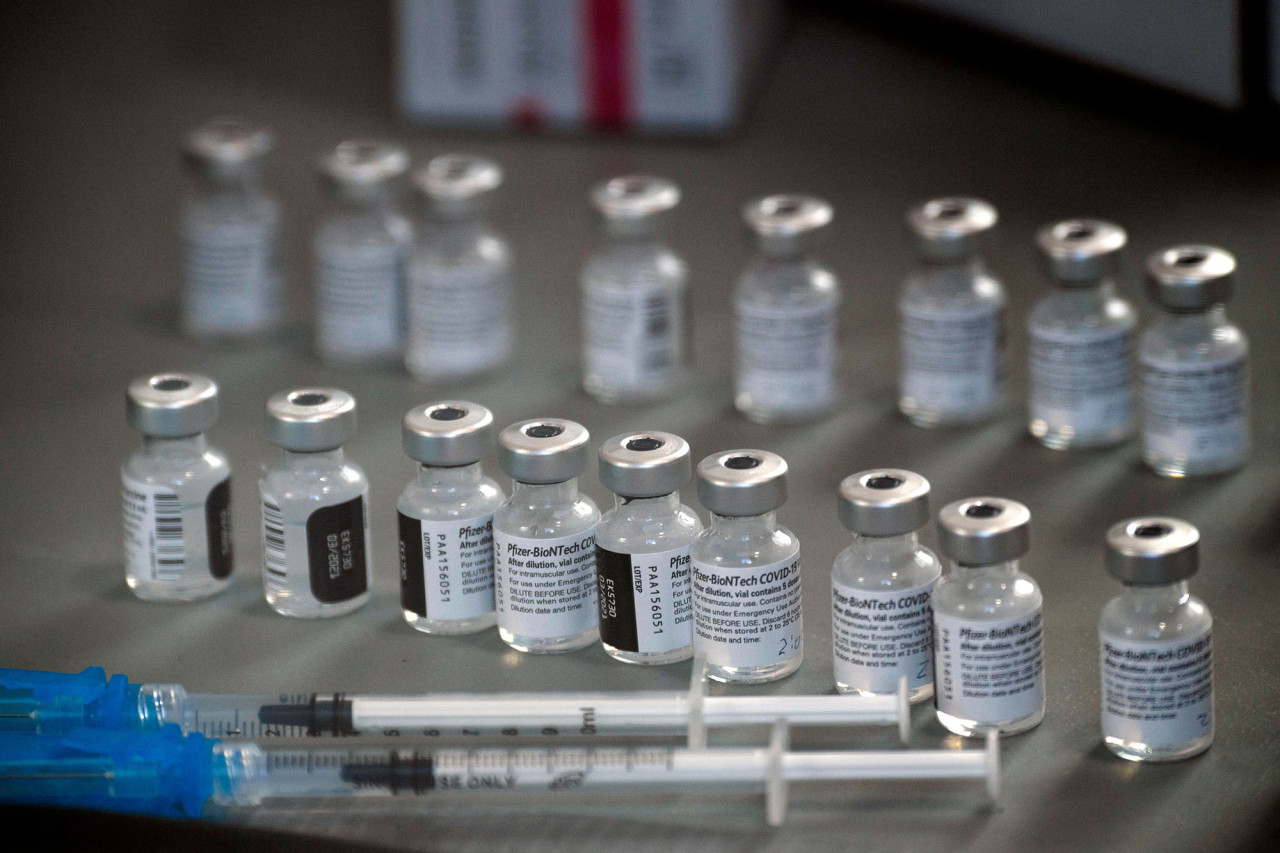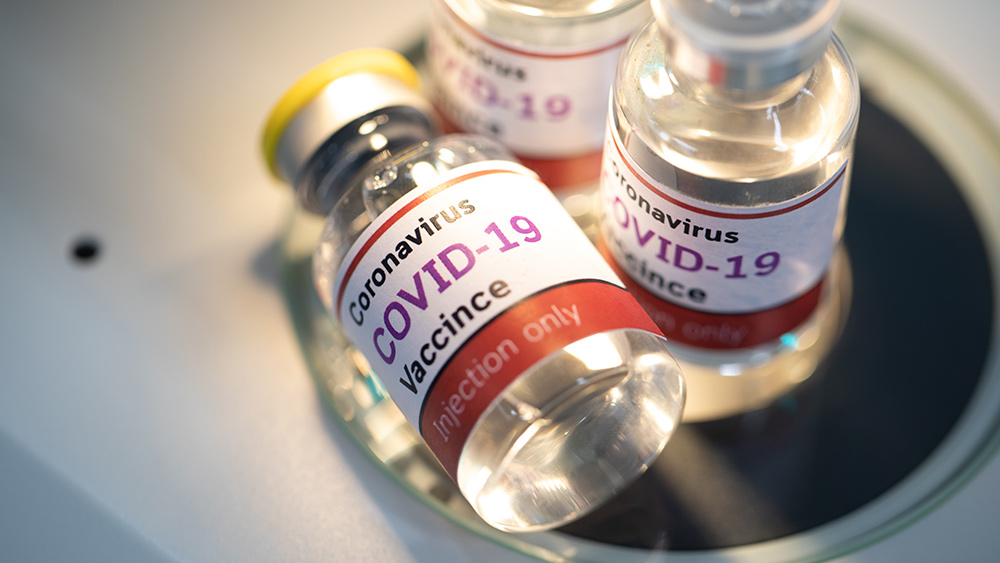Covid bioweapons “bag man” Peter Daszak outed by The Lancet for failing to disclose his competing financial interests
06/25/2021 / By Ethan Huff
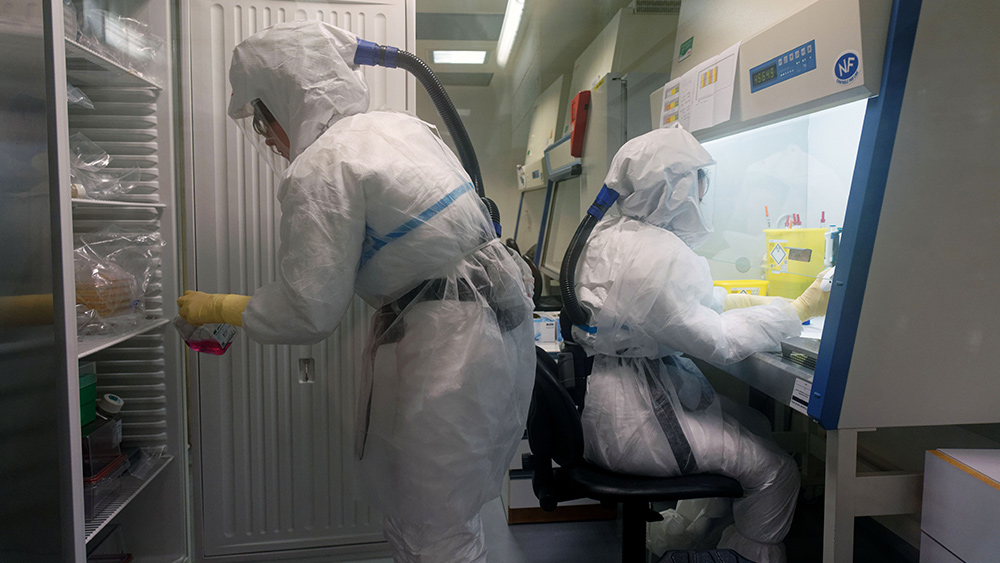
The editors of the peer-reviewed journal The Lancet have published a critique outing Wuhan coronavirus (Covid-19) “bag man” Peter Daszak for failing to properly disclose financial conflicts of interest that directly impacted the course of the “pandemic.”
They point to a “Correspondence” published by the Lancet back in February 2020 that was co-authored by 27 public health “experts,” none of whom declared any of their competing interests. Daszak was one of these “experts.”
“Some readers have questioned the validity of this disclosure, particularly as it relates to one of the authors, Peter Daszak,” the new addendum reads.
“In line with guidance from the International Committee of Medical Journal Editors, medical journals ask authors to report financial and non-financial relationships that may be relevant to interpreting the content of their manuscript.”
The Lancet also pointed to readers as possibly having their “own interests” as well that might “influence their evaluation of the work in question,” the insinuation being that some people might have their own agenda against Daszak.
Even so, the journal asked Daszak and the other co-authors to re-evaluate their competing interests and provide separate disclosures. Daszak responded and sent in an updated version that attempts to allay all concerns about his “non-profit” EcoHealth Alliance organization.
“[Peter Daszak’s] remuneration is paid solely in the form of a salary from EcoHealth Alliance, a 501(c)(3) non-profit organization,” the document claims. “EcoHealth Alliance’s mission is to develop science-based solutions to prevent pandemics and promote conservation.”
Daszak still working on WHO-China joint global study that says Chinese Virus came from bats
Funding for EcoHealth comes from “a range” of government funding agencies and non-governmental sources, it further reveals. Its work in China was funded by the National Institutes of Health (NIH) and the United States Agency for International Development (USAID).
According to Daszak, neither himself nor EcoHealth has ever taken any funding from the People’s Republic of China. Daszak did, however, join the World Health Organization‘s (WHO) joint global study with China on the alleged animal origins of the Chinese Virus. He is still a member of this operation.
“EcoHealth Alliance’s work in China includes collaboration with a range of universities and governmental health and environmental science organisations, all of which are listed in prior publications, three of which received funding from US federal agencies as part of EcoHealth Alliance grants or cooperative agreements, as publicly reported by NIH,” Daszak further contends.
“EcoHealth Alliance’s work in China is currently unfunded.”
All federally funded subcontractees, he says, are assessed and approved by their respective federal agencies in advance and all funding sources are noted in scientific publications as appropriate.
“EcoHealth Alliance’s work in China involves assessing the risk of viral spillover across the wildlife–livestock–human interface, and includes behavioural and serological surveys of people, and ecological and virological analyses of animals,” the document goes on to explain.
“This work includes the identification of viral sequences in bat samples, and has resulted in the isolation of three bat SARS-related coronaviruses that are now used as reagents to test therapeutics and vaccines.”
Daszak says that some of this research involves the production of a “small number” of recombinant bat coronaviruses, which include the Wuhan Flu. The purpose, he claims, is to analyze how they enter cells, as well as other characteristics that can only be determined through laboratory tampering.
“NIH reviewed the planned recombinant virus work and deemed it does not meet the criteria that would warrant further specific review by its Potential Pandemic Pathogen Care and Oversight (P3CO) committee,” he insists.
More related news about Chinese Virus deception can be found at Pandemic.news.
Sources for this article include:
Tagged Under: bag man, biological weapons, biowar, competing financial interests, conflicts of interest, coronavirus, COVID, Daszak, Peter Daszak, The Lancet



